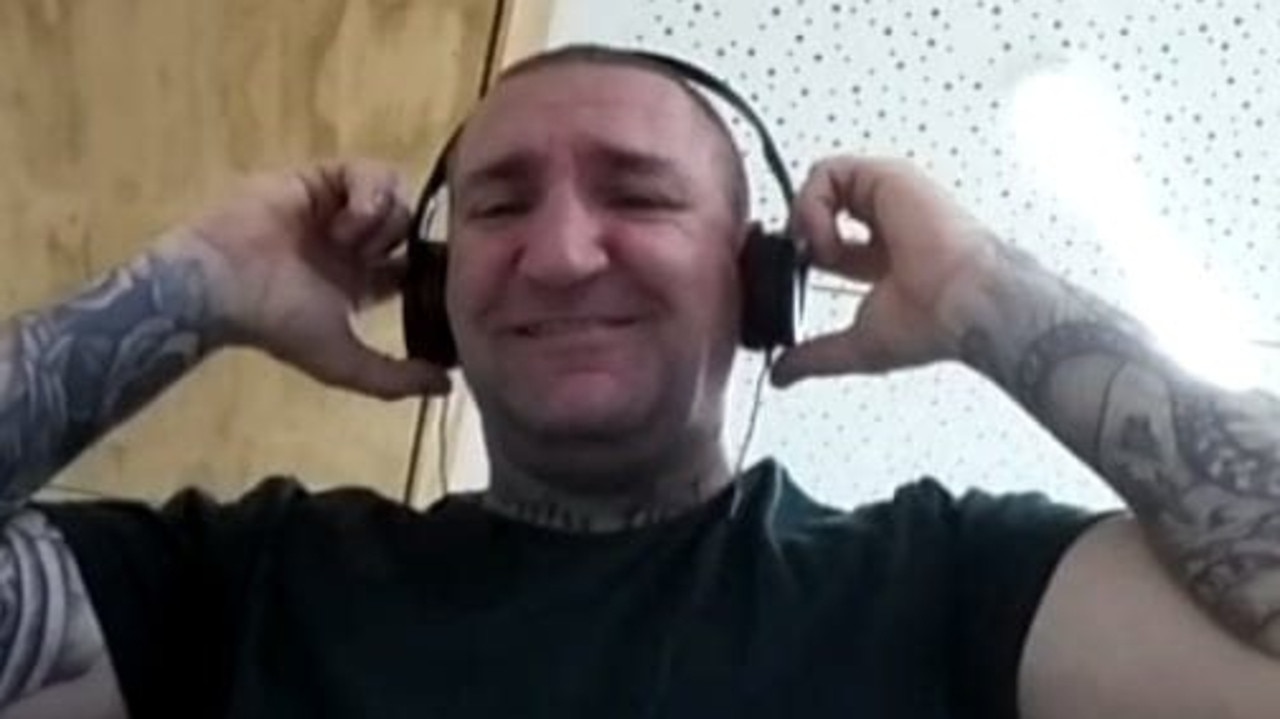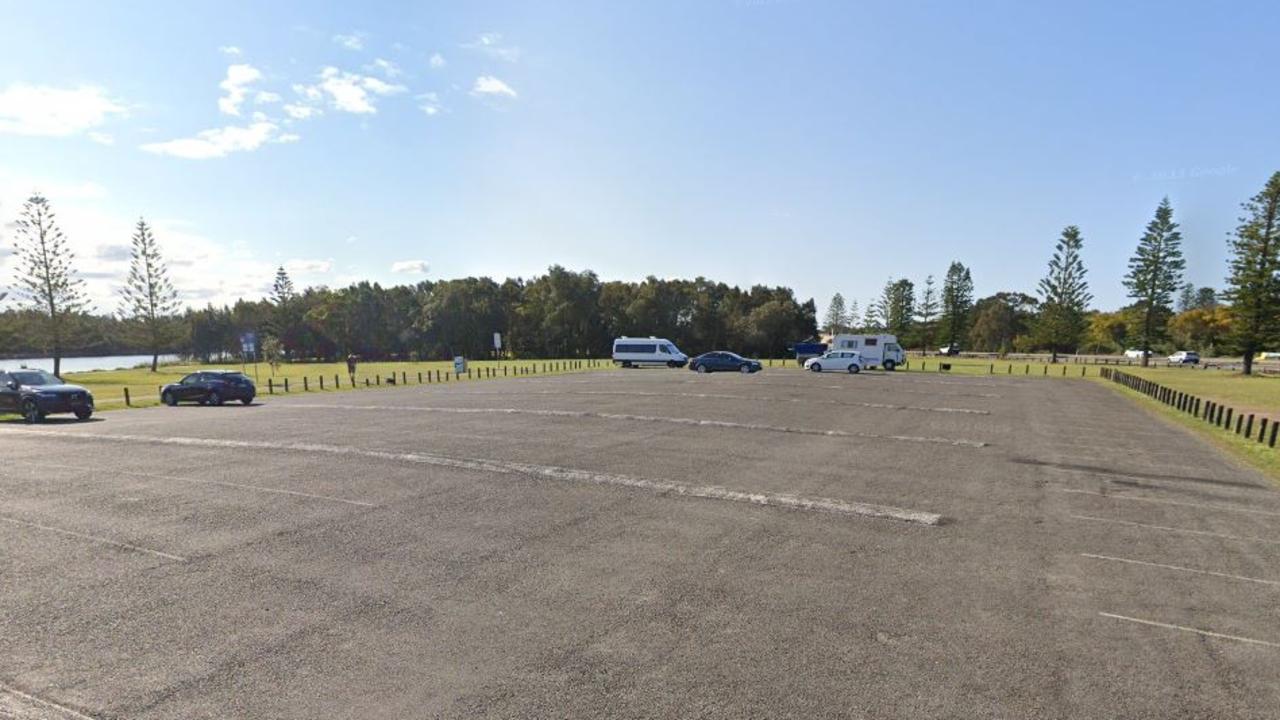Sexting now the ‘biggest challenge’ facing schools in NSW
CHILDREN as young as 10 have been swept up in the naked-selfie phenomenon as Central Coast police, principals and parents prepare to join forces to rein in out-of-control “Generation Sext”.

Central Coast
Don't miss out on the headlines from Central Coast. Followed categories will be added to My News.
CHILDREN as young as 10 have been swept up in the naked-selfie phenomenon as Central Coast police, principals and parents prepare to join forces to rein in out-of-control “Generation Sext”.
Ahead of a planned forum to tackle the “alarming” cyber scourge on the Coast, one principal told the Express Advocate that sexting had joined bullying as the “biggest challenge” now facing schools.
“This is a hard battle to win because it’s happening mostly in the home, and banning phones in our school has not worked,” the principal, who did not want to be named, said. “And this is an issue which doesn’t discriminate; it’s happening in both public and private schools around the Coast.”

Brisbane Water crime manager Detective Inspector Glenn Trayhurn said most of the sexting matters reported to local police over the past year involved 14 to 16 year olds.
“That’s not to say we don’t get reports of younger people, but it’s mostly around Years 9-10 when kids are more inclined to share images of themselves,” he said.
The shock revelations come as latest research shows the average age an Australian child first sees porn is 11. And nearly half of 8-13 year olds have their own mobile phone.
As well as texting, Snapchat is fast becoming a common mobile app teenagers use to send “nudes”. It allows users to send photos and video which self-destruct after a person has viewed them for a few seconds — but experts say it’s still enough time for savvy users to take a screenshot.
“Parents really need to take a lead role in monitoring what their children are doing online,” Det-Insp Trayhurn said.
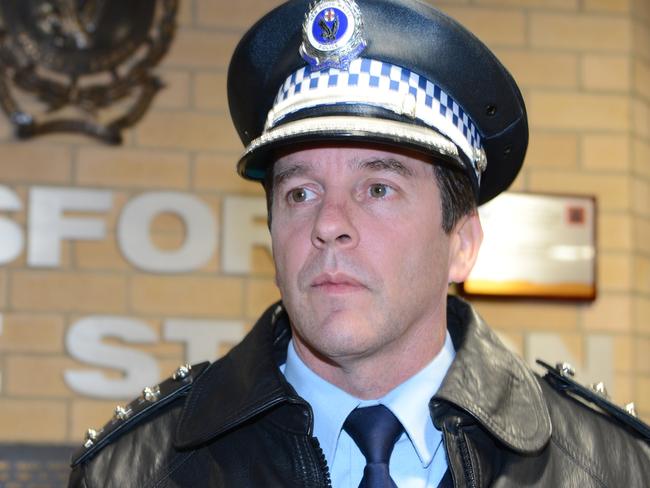
“There’s no relief for kids these days; it’s 24/7 communication and they can’t get away from Facebook and Snapchat. And this is what’s making them so vulnerable.
“Some of the pictures which are being forwarded on are through consent at the time, but where it all falls down is where that friend is not a friend anymore and the inappropriate photo is then used to humiliate or bully the other person.”
Principals say parents need to “lift their game” in cracking down on their children’s online behaviour.
“We seem to be letting parents off the hook too easily, and this (sexting) issue is a good example of it,” NSW Secondary Principals’ Council president Chris Presland said.
He cited the recent good work of teachers from an exclusive Sydney school who alerted police after discovering dozens of students had distributed mobile phone footage of an alleged rape on a 15-year-old girl.
“The Cranbrook school example was clearly a police matter,” Mr Presland said.

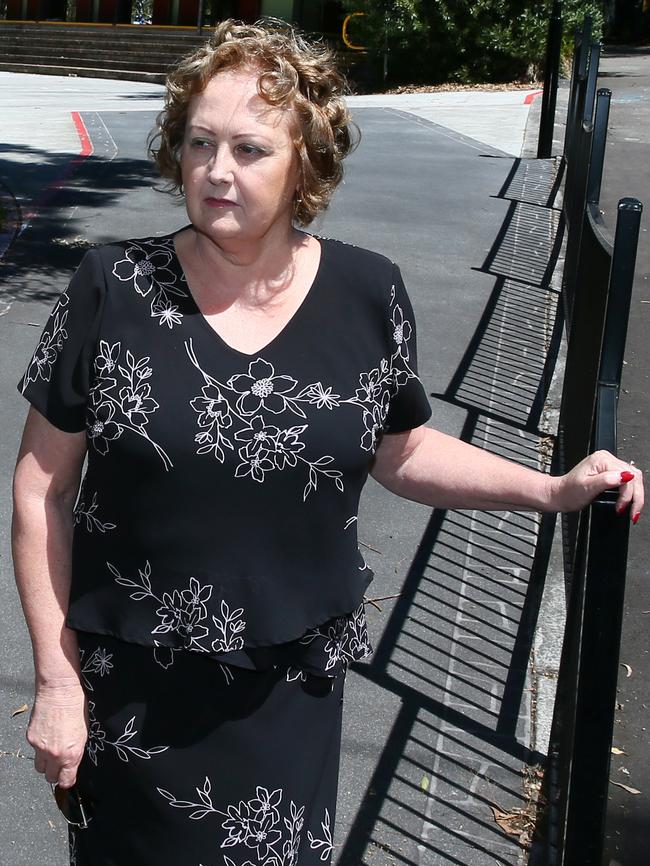
Central Coast P&C spokeswoman Sharryn Brownlee said sexting had become the thing to do for those wanting to be in the “cool crowd”.
“There’s no getting away from the huge increase (in sexting) among Coast students,” Ms Brownlee said.
“Unfortunately it’s starting in the junior years of high school, and even earlier. Many parents would be unaware of what their children are doing on their phones. They think they are playing games or something innocent.
“But sexting is a big problem for all schools across the Coast. And this is why all the key stakeholders are looking to hold a forum next term.”
A NSW education department spokesman said schools had already implemented measures to combat the growing problem.
“As part of the NSW curriculum, students in kindergarten to Year 10 develop knowledge, understanding and attitudes to prevent and protect themselves from cyber bullying,” he said.
‘MUMS AND DADS MUST BE TOUGH’
EXPERTS blame peer pressure and time-poor parents for sexting becoming the “norm” for teenagers.
“There are huge playground pressures on kids to be seen as ‘cool’,” child psychologist Dr John Irvine said.

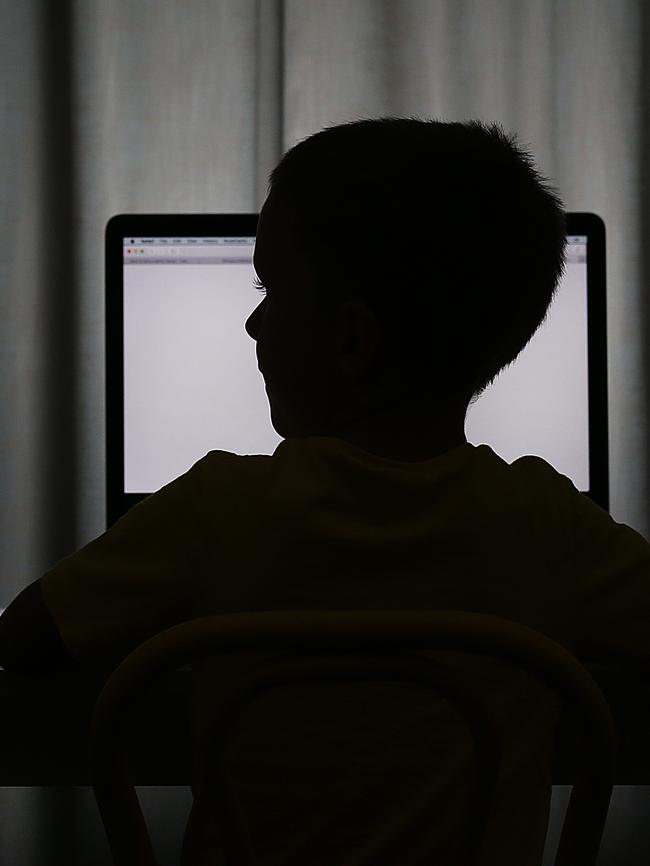
“And I have to say most parents are not taking a tough enough stance against their children’s cyber activities. Parents need to set values, but many don’t have the confidence, or are too time poor, to do anything before addictions and bad habits take hold.”
Erina-based Dr Irvine said Australian teenagers spend an average of six hours a day online.
“This is just extraordinary, and the old family unit has been well and truly eroded,” he said.
“Kids as young as six are getting mobile phones, and children’s heads are constantly buried in technology. Supermarkets and phone companies have cottoned on to this, and they are marketing phones for kids.”
Dr Irvine said it was time parents became involved in cyber-safety education.
“This would give them the strength and confidence to talk with their children about what they are doing online,” he said.
“Parents need to recognise the online dangers. Otherwise problems like sexting among children will only get worse.”
Support services: Kids Helpline on 1800 551 800; Youth Beyondblue on 1300 224 636

